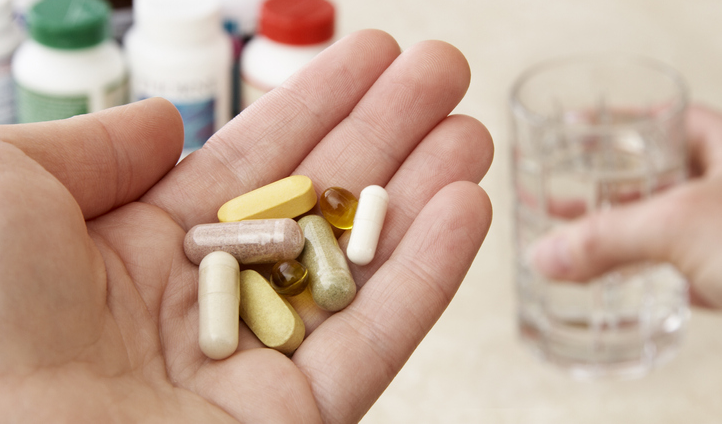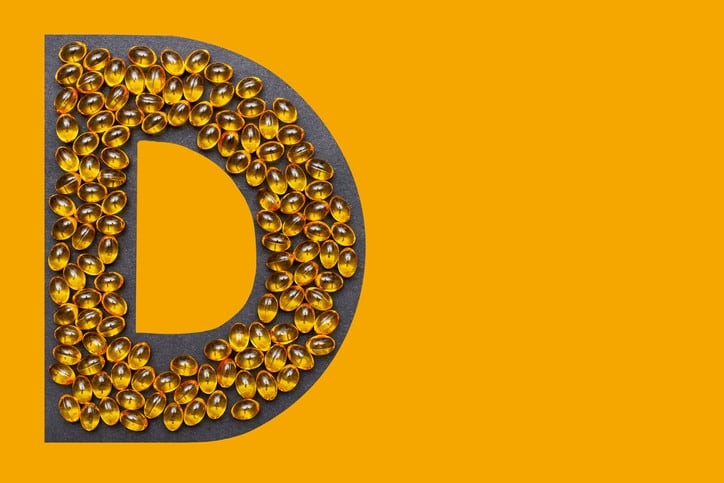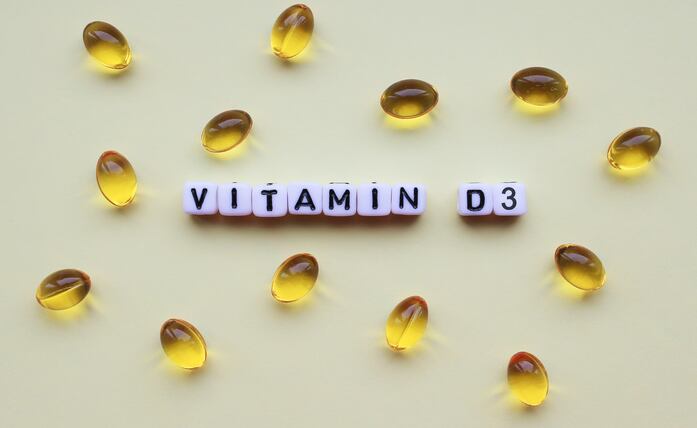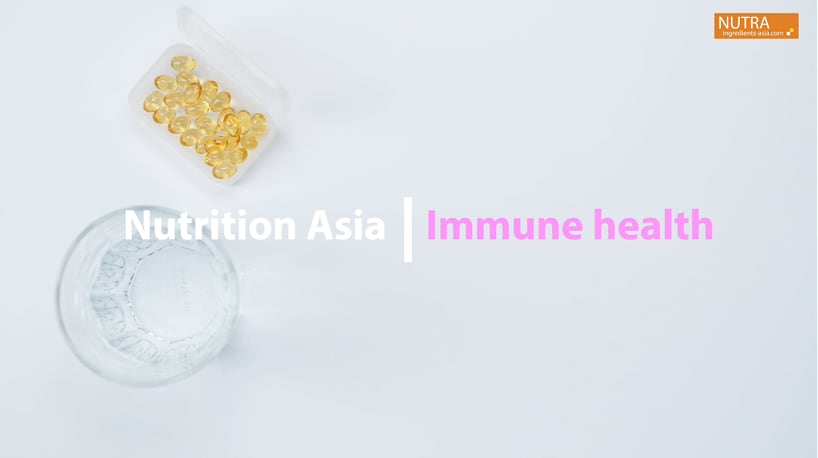The authority published its revised version of health supplements guidelines this month.
One of the key revisions was the introduction of a classification flowchart for health supplements containing vitamins and/or minerals.
While the information is not new, the flowchart has provided much clarity on how a product could be categorised, according to Poon Wai Min, regulatory affairs consultant at Wong SJ Asia.
For instance, the flowchart shows that a vitamin and mineral product is classified as a quasi-medicinal product if it 1) contains VMS as active ingredients, 2) is labelled as a VMS, 3) contains a majority (at least 50 per cent or more) of vitamins or minerals.
The authority highlighted that the proportion of vitamins/minerals is calculated based on the number of active ingredients and not the strength of the ingredients.
For example, a product containing vitamin D, calcium, and glucosamine will be considered as a quasi-medicine, as two-thirds (67 per cent) of the entire formula contains vitamins and minerals.
Poon said that the flowchart – introduced for the first time – has provided clarity on product classification.
Based on her past experience, there were instances whereby two similar vitamin products were classified differently, which she found baffling.
“Before this guideline was introduced, we couldn’t figure out the reason for how a product is being classified as a health supplement or a quasi-medicine.
“We even thought that the classification could be random and was subjected to each officers’ interpretation. [As a result], companies have to consult the HSA every time they have a new product to be launched,” she said, adding that the industry has since provided feedback to the authorities on the confusion.
“This flowchart has provided clarity on the classification criteria. Companies can now use it as a ‘self-help’ tool instead of contacting the authority,” she said.
So far, she has come across multivitamins, vitamin B complex, and products containing melatonin being classified as quasi-medicines by the HSA.
How does it matter?
Similar to health supplements, a quasi-medicinal product does not need to undergo premarketing approval.
However, unlike health supplements, quasi-medicines will require a permit for advertisement.
“It will be difficult for a general consumer to differentiate the regulatory classification of the products, since quasi-medicines containing vitamins and minerals are still marketed as health supplements in the retail space.
“Both health supplements and quasi-medicines are not subjected to premarketing approval. The only difference is that a quasi-medicine requires a permit for advertisement, whereas there is no such requirement for health supplements.”
Other clarifications
Based on the flowchart, a product could also be classified as not a conventional complementary health product.
In this instance, companies might want to submit a classification enquiry to seek regulatory advice on the product.
According to the HSA, a product could be identified as a non-conventional complementary health product if 1) it contains vitamin/mineral as an active ingredient, but 2) it is not labelled as a vitamin/mineral supplement, and 3) does not make health claims attributable to the vitamin or mineral that it contains.
Also, if the product is labelled as a vitamin/mineral but the majority (at least 50 per cent) of the formula does not contain vitamin/mineral, it will also be classified as a non-conventional complementary health product.





